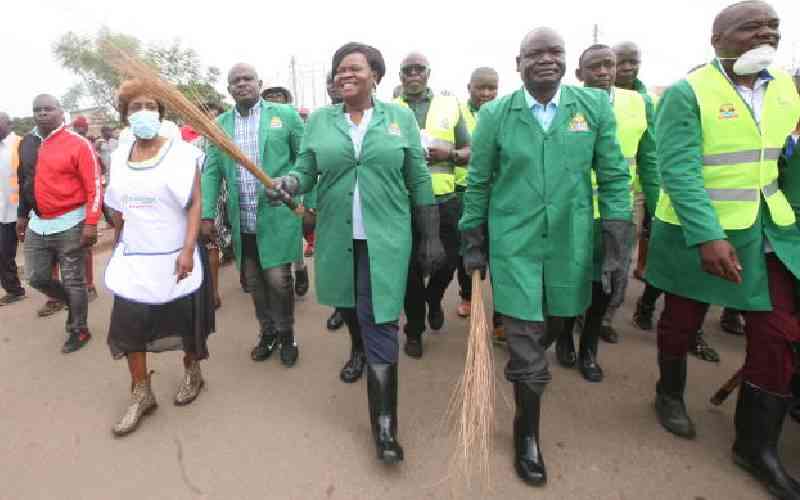×
The Standard e-Paper
Home To Bold Columnists

When its implementation began in 2013, many wanted to see how devolution would impact women leadership in Nyanza and Western Kenya.
It came at a time when male chauvinism was at its peak, and prospects of women out-muscling men to clinch elective seats faced several bottlenecks. In Luo Nyanza, so bad was the situation that no woman had replicated the feats trailblazers in women leadership; former MPs Phoebe Asiyo (Karachuonyo) and late Grace Onyango (first woman MP), set in early 1970s and 1990s.